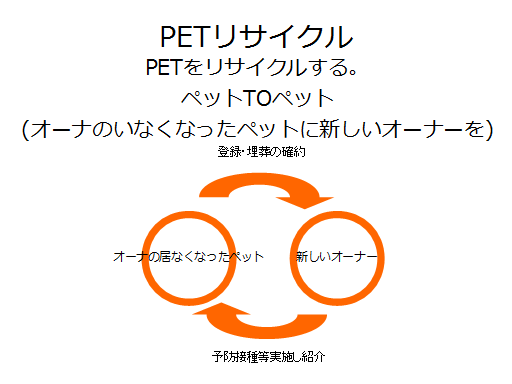トランプ大統領による言葉狩り。
メキシコ湾ではなく、アメリカ湾にと。
しかし、GoogleMapsでもアメリカ湾の表記はアメリカ国内に限る話。
これが通ると中国だ。
Yahoo!より、
米ホワイトハウス、AP通信の取材禁止 「アメリカ湾」改称に従わず
2/12(水) 7:34配信
時事通信
https://news.yahoo.co.jp/articles/a72d2a4691b634d0b8dc12d256b9feb23e7105e8記事より、
【ワシントン時事】米ホワイトハウスは11日、メキシコ湾を「アメリカ湾」と表記していないとして、AP通信の大統領執務室での取材を禁止した。
APが明らかにした。APは、合衆国憲法で認められた報道の自由に反すると反発している。
APは米国を代表する通信社。トランプ大統領がメキシコ湾を一方的に「アメリカ湾」に改称する大統領令に署名した際に、「世界中にニュースを配信する国際的な通信社として、地名や地理が全ての読者に分かりやすく伝わるように努めなければならない」として、従来の呼称を続ける編集方針を示していた。
APのペース編集主幹は11日の声明で、ホワイトハウスから「編集方針を大統領令に合わせない限り、大統領執務室での取材を禁止する」と通知を受けたと説明。「トランプ政権が独立した報道を理由に処罰しようとするのは憂慮すべきことだ」と批判した。
ホワイトハウス記者会も声明で「政権による取材禁止は容認できない」と表明。
コメント
今回の報道は、トランプ大統領がメキシコ湾の名称を「アメリカ湾」に変更するよう一方的な指示を出し、その結果としてホワイトハウスがAP通信に対し取材禁止措置を取ったというものです。事実、ホワイトハウス側は「新改定ルール」に従うよう求め、AP通信は従来の「メキシコ湾」という表記を使い続けたため、問題となりました。
ここで注目すべきは、Google Mapsなどの国際的な地図サービスでは、一般に「Gulf of Mexico(メキシコ湾)」と表記されており、「アメリカ湾」という名称はアメリカ国内で限定的に使用されるケースに留まるという点です。つまり、トランプ政権が一方的に名称を変更する試みは、国際的な標準や地理的な事実と乖離しており、その適用が認められると、他国(例えば中国など)が同様の権威主義的な名称変更を強行する前例になりかねないという懸念もあります。これらの点から、今回の措置は単なる「言葉狩り」に留まらず、国際的な信頼や標準の維持という観点でも問題視されるべき事例と言えるでしょう。
English Comment
The report highlights an incident in which President Trump issued a unilateral directive to change the name of the Gulf of Mexico to the "America Gulf," leading the White House to ban AP from accessing the president's office because the agency refused to adhere to this new naming convention. Indeed, the White House has invoked a “new revised rule” as its basis for this demand, while AP continued to use the traditional "Gulf of Mexico," which has sparked significant controversy.
It is important to note that international mapping services such as Google Maps generally display the region as the "Gulf of Mexico," with the term "America Gulf" being used only in limited domestic contexts within the United States. This discrepancy underscores that the administration’s attempt to enforce a name change diverges from established international standards and geographic reality. If such unilateral naming policies were accepted, it could set a precedent for authoritarian regimes-such as China-to impose similar changes, raising concerns about the politicization of geographic nomenclature. Thus, this measure goes beyond a mere "language crackdown" and poses broader questions about maintaining international trust and consistency.

